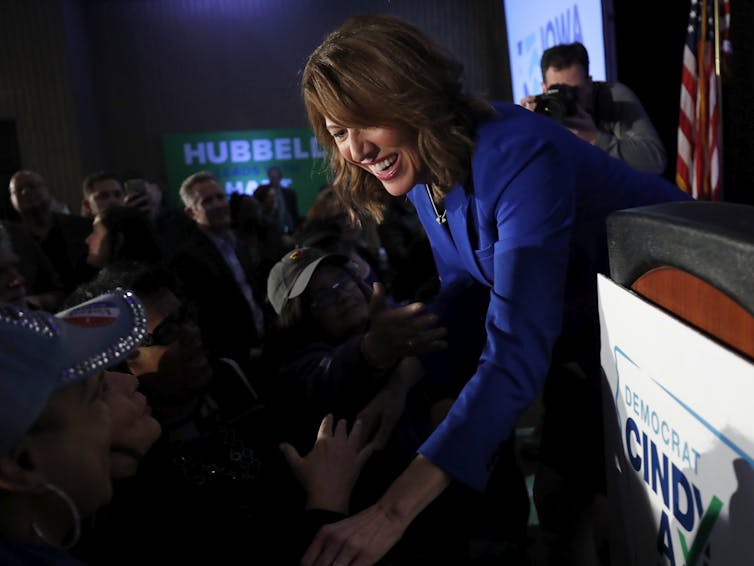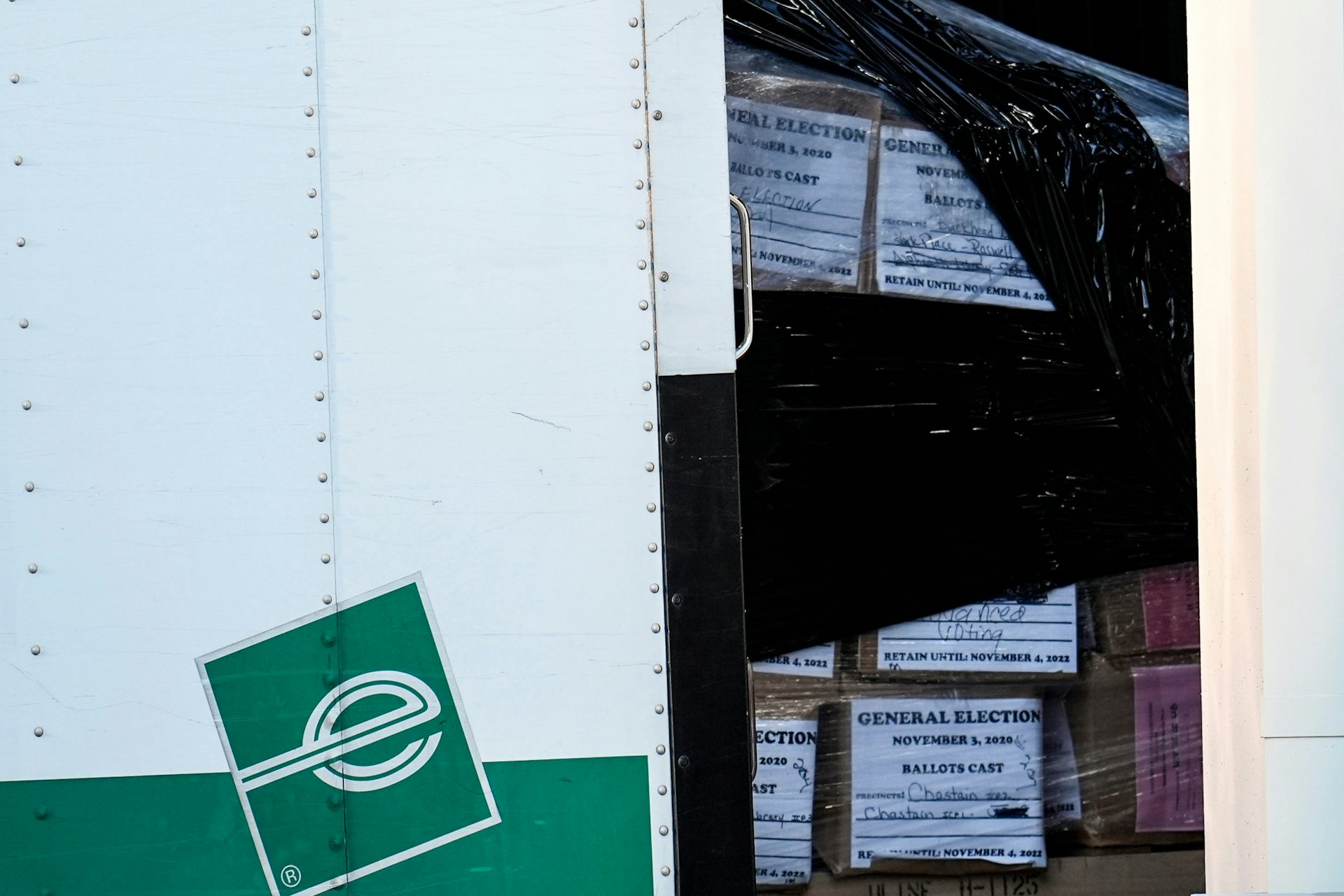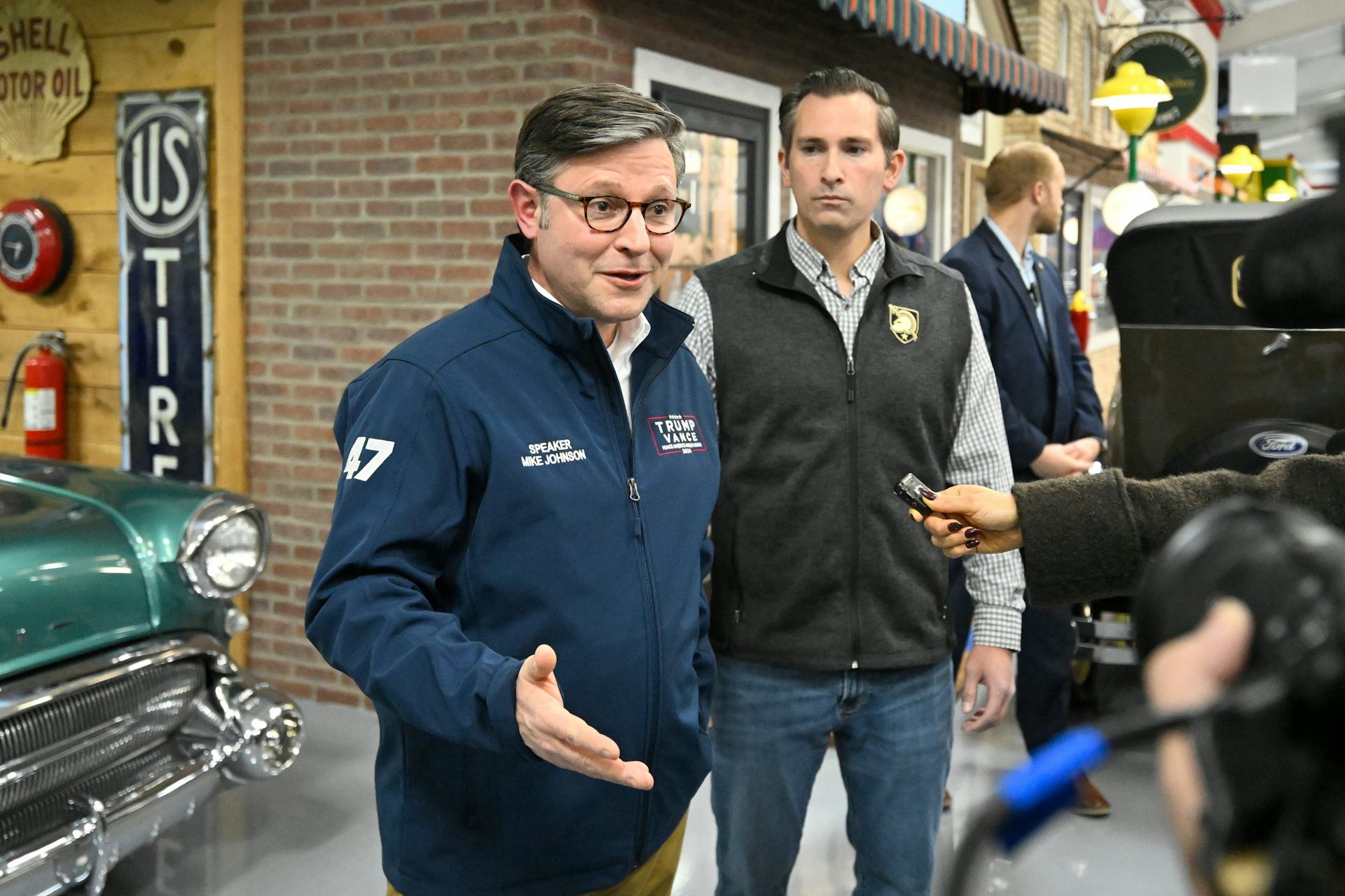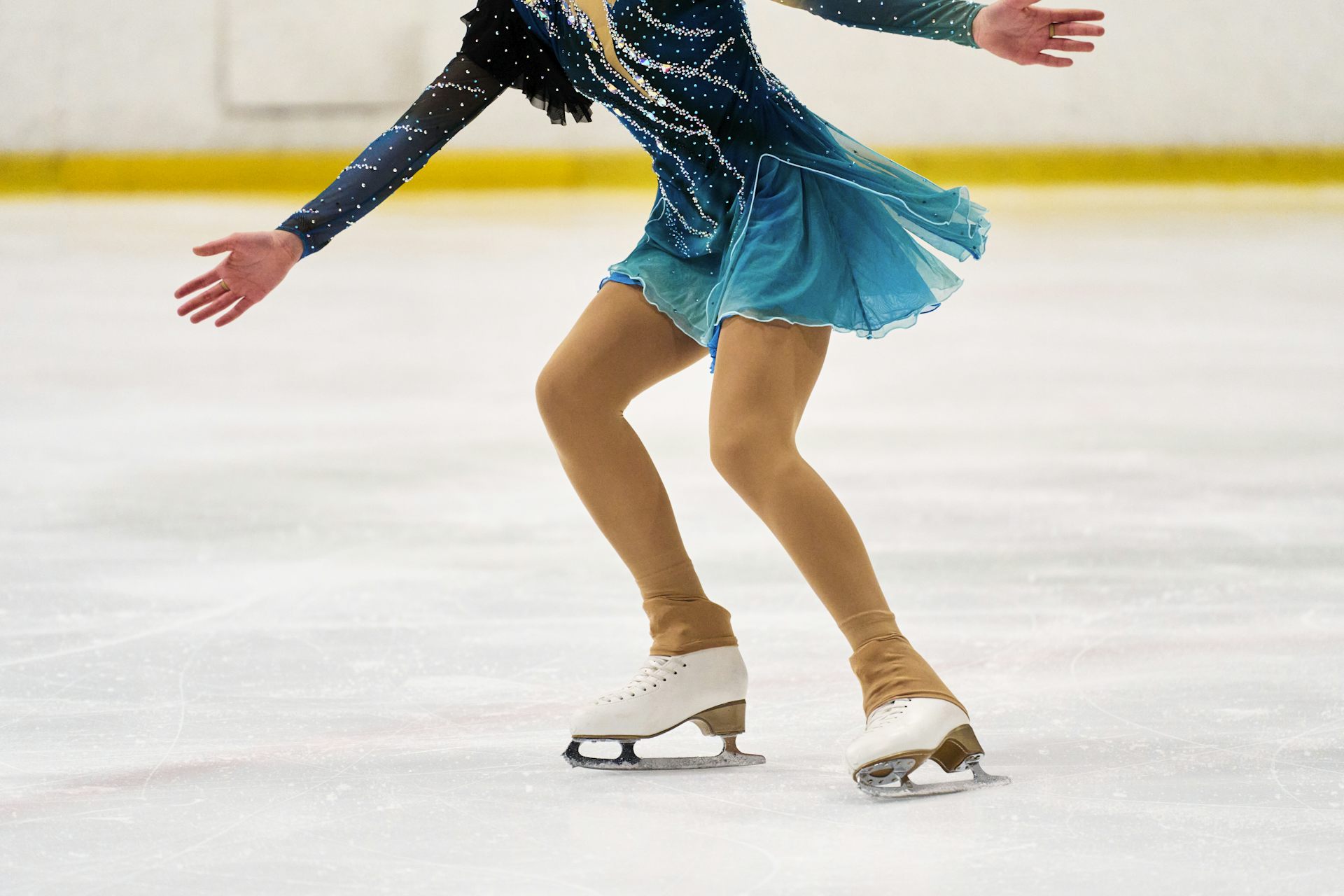Left behind: The midterm view from Iowa
In Iowa, almost 40 percent of residents can't afford the basic cost of living. That was the setting for the 2018 midterm elections, where rural voters are suffering along with their communities.
Now that the midterm election is over, many of my fellow Iowans are looking forward to resuming normal daily activities, finishing up the fall harvest, raking their lawns without the nuisance of political yard signs and watching television without the constant barrage of negative campaign ads.
I’ve spent my career studying trends in rural culture and what these trends suggest about the future of rural communities.
What did the 2018 election tell us about rural America? The view from Iowa may provide some answers.
This midterm election has taken a toll on the civility of “Iowa nice.” The hard-fought political battles that energized voters indicate that Americans, regardless of political party affiliation, are concerned about the future of the country. This is especially true in many parts of rural America where the lack of opportunities has resulted in chronic loss of young people to urban areas, higher rates of poverty and an increasingly older, dependent population.
The bleak outlook in many rural communities across the Midwest has led to the consolidation of schools and churches, along with the closing of many businesses and hospitals. For nearly 40 years, I have studied these trends and have great empathy for those who feel they have been “left behind.”

So when rural voters read of booming urban economies, record highs on the stock market and low unemployment rates, this does not match their observations of what’s happening in their communities, where almost 40 percent of Iowans can’t afford the basic costs of living. That energized them to participate in the election.
Some common themes that played a big role in yesterday’s election in Iowa: the need for affordable health care especially among low-income residents and the elderly, the need to invest in education for the workforce of the future and restoring a sense of shared economic prosperity.
There is one way in which Iowa is perfectly in tune with a national trend – the one that elected record numbers of women to the House. Voters elected the state’s first two women to the House of Representatives.
It seems we will only have a short reprieve from electoral politics here in Iowa, given that the numerous Democratic challengers for the presidency have already started their visits to the state. I’d better get to raking my lawn.
Paul Lasley does not work for, consult, own shares in or receive funding from any company or organization that would benefit from this article, and has disclosed no relevant affiliations beyond their academic appointment.
Read These Next
How a largely forgotten Supreme Court case can help prevent an executive branch takeover of federal
An FBI raid on a Georgia elections facility has sparked concern about Trump administration interference…
Do special election results spell doom for Republicans in 2026?
Special election results have anticipated recent midterm outcomes. With Democrats now overperforming,…
The intensity and perfectionism that drive Olympic athletes also put them at high risk for eating di
Athletes in sports where weight and body image come into play, such as figure skating and wrestling,…






